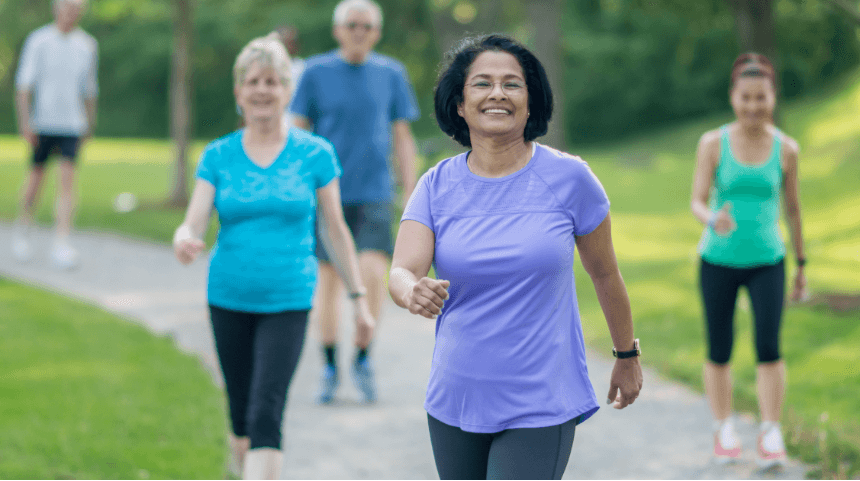Over the past year, droves of exercise enthusiasts turned to stationary bikes to stay active without having to leave home. Sales of indoor bikes more than tripled at various points during the COVID-19 pandemic.
If you’re in that group, that’s great news for your heart and general health. Unless, that is, you and your partner are trying to become pregnant. In that case, excessive cycling – whether it’s on the road or in your living room – might create complications by damaging the quantity and/or quality of your sperm.
This is an area of reproductive medicine where the science is far from decided. Men who spend a lot of time on a bicycle seat have been shown in some studies to have lower sperm counts, but those studies have been relatively limited in scope and are not conclusive.
Still, there’s enough research to take it into consideration when weighing the risks and benefits of exercise bikes. If you are trying to conceive and are having difficulty, you should cut back and see if it makes a difference.
What We Know
If you and your partner are having trouble conceiving, one of the first things your doctor will look at is sperm count. And with new technologies, that can even be done with an at-home test, called Trak. If tests reveal a low count, your doctor will explore elements of your life, including exercise activities. Do you ride a bike?
Most of the science on the subject deals with serious cyclists. One often-quoted study came out of Boston University, where researchers worked with 2,200 men attending area fertility clinics. Those who cycled at least five hours a week were more likely to have a low sperm count and fewer motile sperm than men who did other forms of exercise or who didn’t exercise at all.
Sperm production can be impacted significantly by temperature. The testes are at their best – in terms of making healthy sperm – at temperatures slightly lower than the body. So, it’s easy to see how being pushed snugly against the body for hours at a time might be less than ideal for the testes.
The researchers speculated that temperature increases in the scrotum or trauma from cycling might be to blame. Still, they suggested it was premature to say whether cycling itself affected sperm quality.
More recently, a broad analysis of various studies suggested a potential link between intense exercise – cycling in particular – and poor sperm quality. The paper, published in the American Journal of Men’s Health, advised men to “minimize scrotal heating.”
How Much Is Too Much?
Again, there’s no hard and fast rule. As a starting point, you should spend no more than two hours a day on a bike. But there’s a lot of gray area here – and what works for one patient may not work for another.
The American Heart Association recommends a minimum of five 30-minute exercise sessions each week. The important thing to remember is that if you are having issues getting pregnant, cut back the cycling time to see if that helps.
What Else Can You Do?
There are a few strategies and tips that could reduce your risk of damaging your sperm while riding that stationary bike:
- Consider your clothing choices. Tight-fitting garments might be ideal for biking, but they may not be doing any favors for your sperm-producing testes.
- Take breaks. If you’re planning a long session, budget time for breaks.
- Consider your seat. Many exercise bikes can be customized, allowing you to change the seat. You need one that puts pressure on your sitting bones, while minimizing the impact on the genital area.
- Limit hot tubs. If your post-ride routine includes a little hot-tub time, you’ll want to reconsider to avoid overheating the testes.
- Don’t forget vitamins. Some vitamins – particularly D, C, E and CoQ10 – are important for healthy sperm.
There’s one more thing to keep in mind. Even if you adjust your exercise routine, don’t expect immediate results. Your testes are constantly producing sperm, but it takes two or three months to mature. So, if bicycling is your culprit, it will take a while for the issue to correct itself.
Choose to Stay in Touch
Sign up to receive the latest health news and trends, wellness & prevention tips, and much more from Orlando Health.
Sign Up





